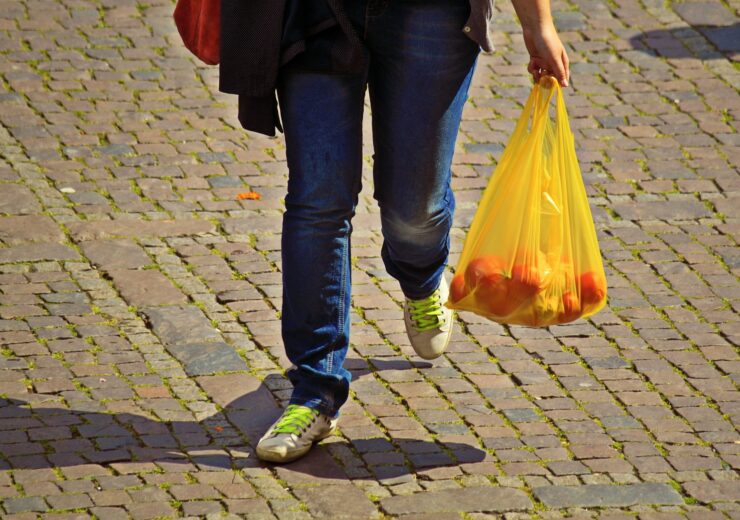This move comes after the company’s announcement in April to eliminate single-use plastic grocery bags companywide by the end of 2022

The amount collected from the paper-bag charge will be donated to each store’s local food bank. (Credit: Anja-#pray for ukraine# #helping hands# stop the war from Pixabay)
Beginning Thursday, July 28, Wegmans will remove single-use plastic grocery bags from its remaining seven Maryland stores. Plastic bags were previously eliminated from the Columbia store in the fall of 2020 when the Howard County plastic bag legislation went into effect. This move comes after the company’s announcement in April to eliminate single-use plastic grocery bags companywide by the end of 2022.
While paper grocery bags will continue to be available for a 5-cent charge per bag, Wegmans’ goal is to shift customers to reusable bags, the best option to solve the environmental challenge of single-use grocery bags. The amount collected from the paper-bag charge will be donated to each store’s local food bank, with the exception of the Germantown store, where we’ll continue to charge 5-cents as required by local legislation.
Incentivizing the use of reusable bags by charging five cents per paper bag is an approach that has proven successful at our Columbia, Maryland store, as well as other markets. In stores where the company has already eliminated plastic bags, on average, paper bags are used for 20-25% of transactions, while the remaining 75-80% use reusable bags, or no bag at all.
Throughout the remainder of the year, Wegmans will continue its phased approach to eliminating single-use plastic bags at its remaining 18 stores in Pennsylvania. At the time of each rollout, Wegmans will work to ensure consistency in its approach across all markets, unless legislation dictates otherwise.
Wegmans’ elimination of single-use plastic bags is coupled with its commitment to reduce single-use plastics. Wegmans has committed to reducing its in-store plastic packaging made from fossil fuels, along with other single-use plastics, by 10 million pounds by 2024.
Source: Company Press Release
